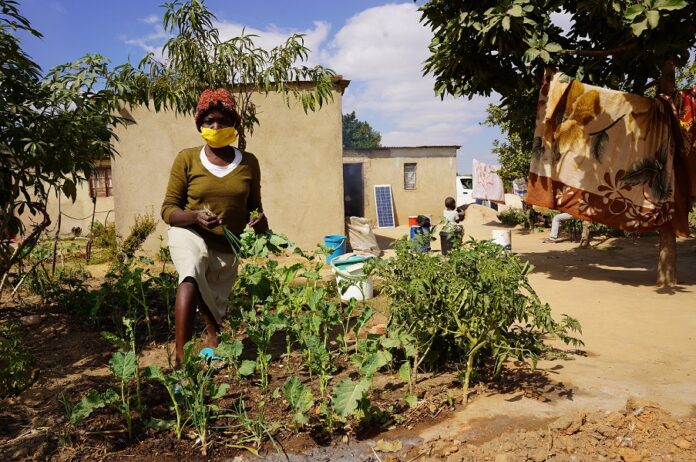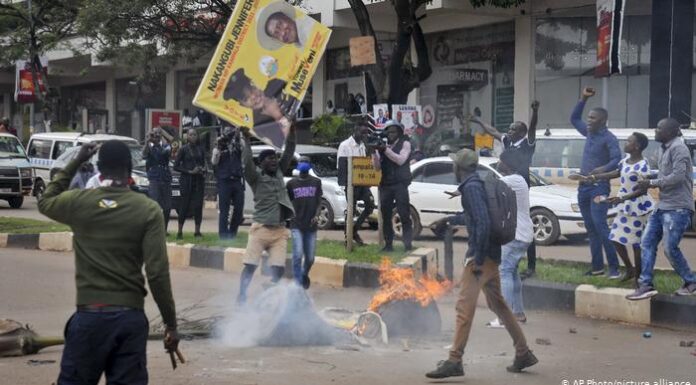
Nyasha Kunyiswa
Zimbabwean families living in urban areas will receive assistance to strengthen their skills and ability to cope during economic and climatic shocks the United Nations World Food Programme.
This follows the release of US$7 million in new funding from Switzerland, through the Swiss Agency for Development and Cooperation (SDC), which will go directly towards assisting the families.
In a statement, the WFP said the SDC’s support complements the cash transfers that it is already delivering to the most vulnerable, food insecure urban Zimbabweans with activities which build their resilience to cope with various shocks and stressors, which can devastate their food security.
“With the new funding, WFP together with other cooperating partners and the Government of Zimbabwe at both national and district levels will engage urban communities in Bulawayo, Mutare, and Gweru.
“These communities will work together to boost urban agriculture, build linkages between rural-urban food supply chains and learn climate smart agricultural techniques among other key activities,” the WFP said. les performances du viagra
Government has estimated that about half of all urban dwellers – or roughly 2.2 million people – go to bed hungry in Zimbabwe.
The outbreak of the COVID-19 pandemic has exacerbated Zimbabwe’s economic instability – and has had a particularly devastating effect on urban residents, many of whom were already living hand to mouth, working multiple jobs in the informal sector.
“The loss in livelihoods coupled with food price inflation and higher cost of living has meant that food insecurity and vulnerability of the urban poor has worsened,” the WFP said.
Mr. Manuel Thurnhofer, the SDC Director of Cooperation in Zimbabwe said, “This timely contribution to WFP will help alleviate the suffering of a large number of people in Zimbabwe’s urban areas who are struggling to cope with the twin shocks of COVID-19 and inflationary pressures that are causing a rise in prices of basic commodities. In most urban households, women and children are generally the first to suffer economic and social hardships and we are pleased that in the project areas they will directly benefit from this support.”
“Zimbabwe’s urban communities are thriving with potential to be food secure, only they are severely hampered by frequent weather and economic shocks and now the effects of the COVID-19 pandemic.” WFP Representative Francesca Erdelmann added.
“WFP is delighted to collaborate with SDC on this vital, resilience building component of our work to support the most vulnerable urban dwellers in Zimbabwe to get back on their feet and become more self-sufficient in the long term.”
WFP delivers monthly cash transfers to 326,000 Zimbabweans and plans to scale up its urban assistance programme to reach at least 550,000 people living in the 28 worst affected and food insecure urban areas in the country.










